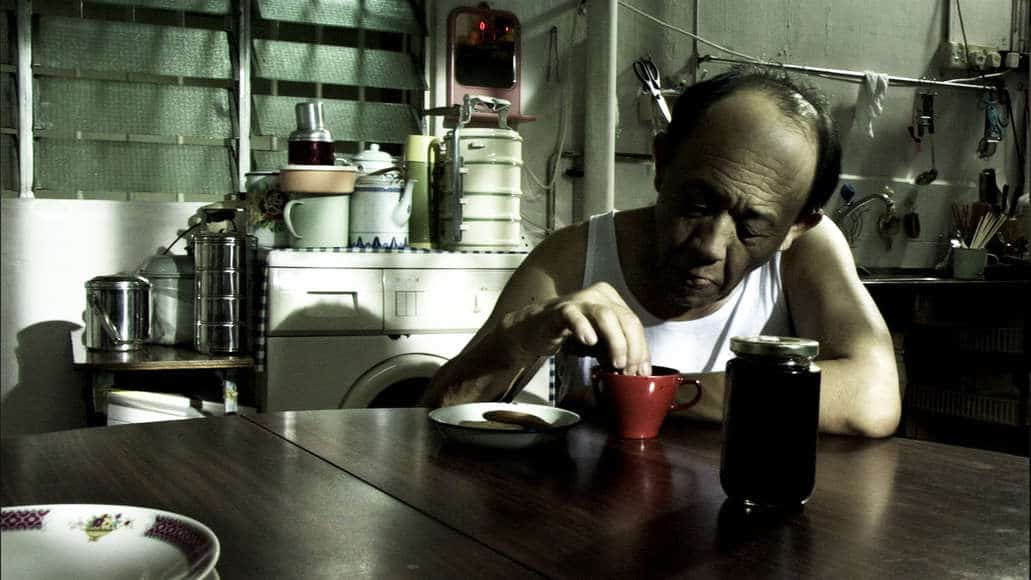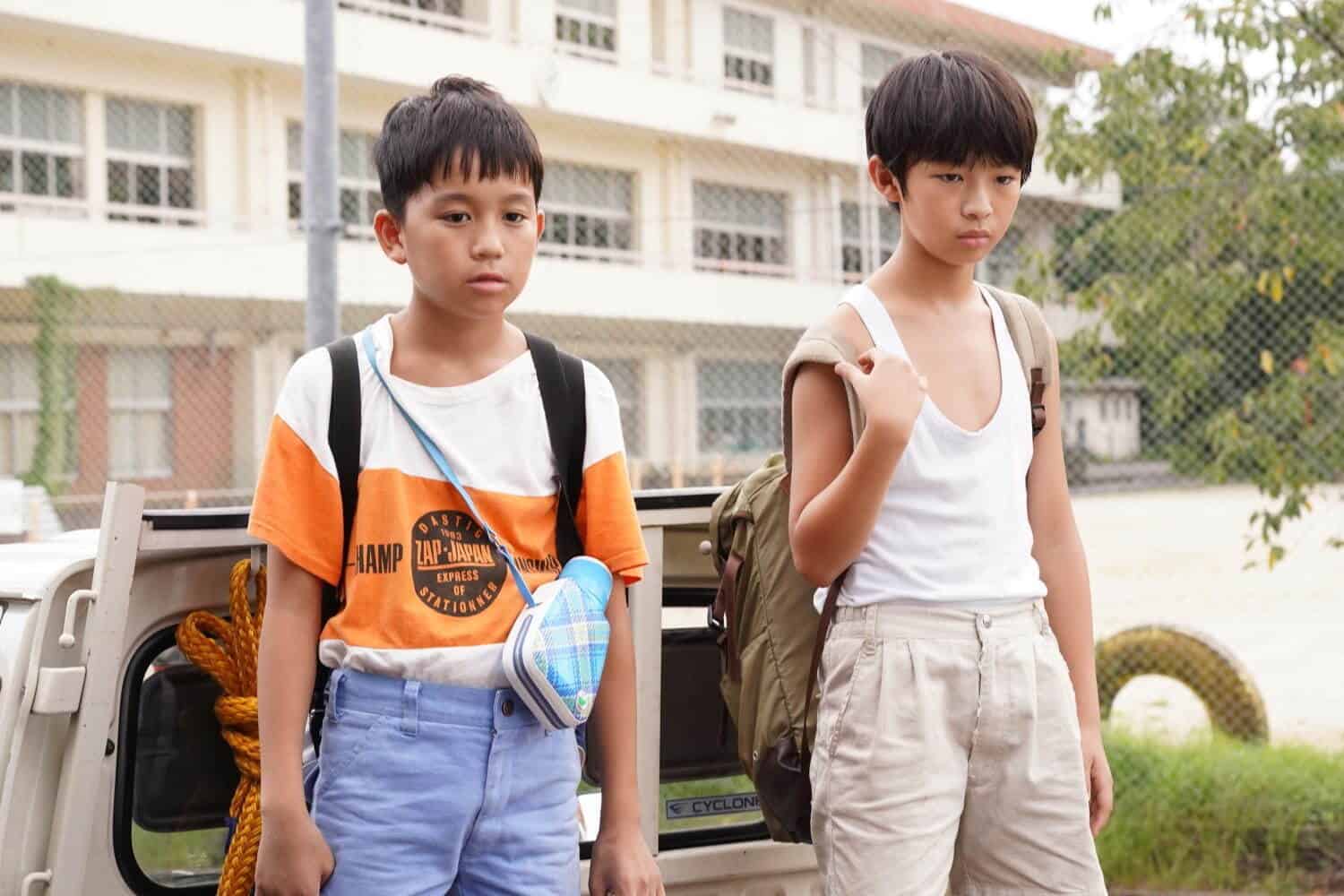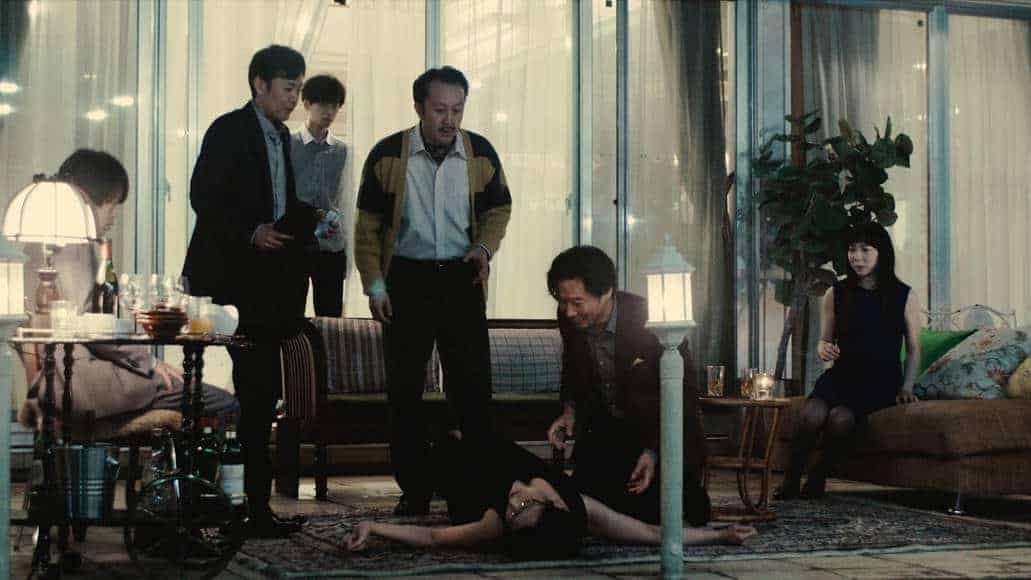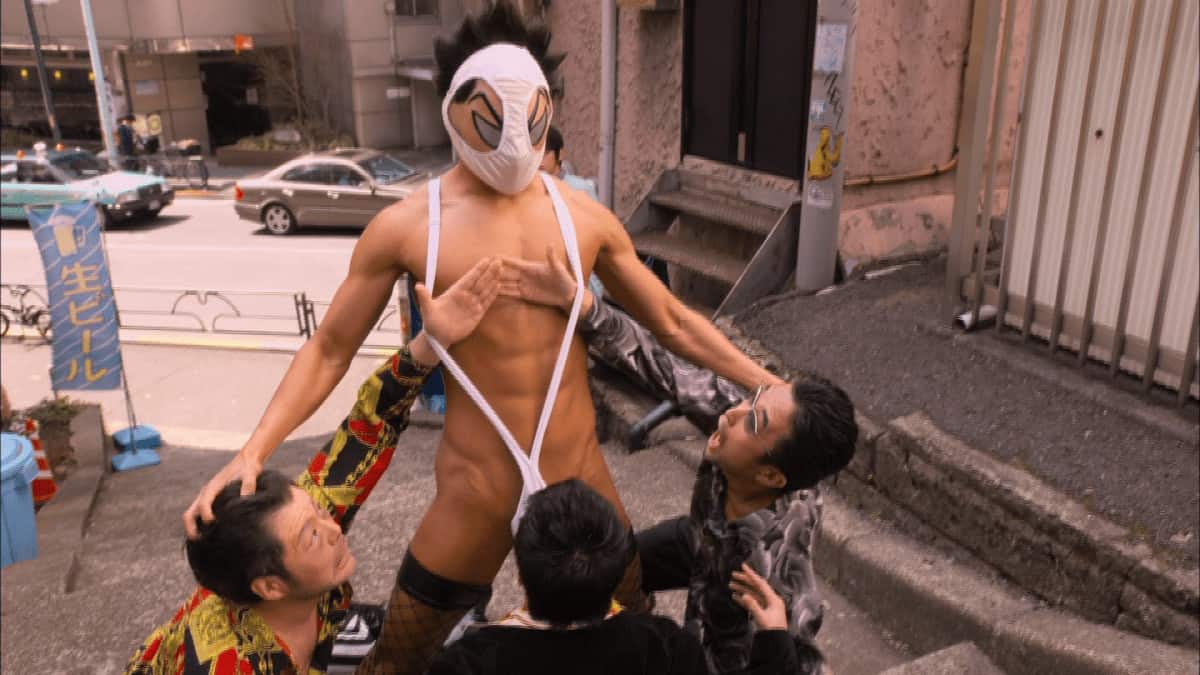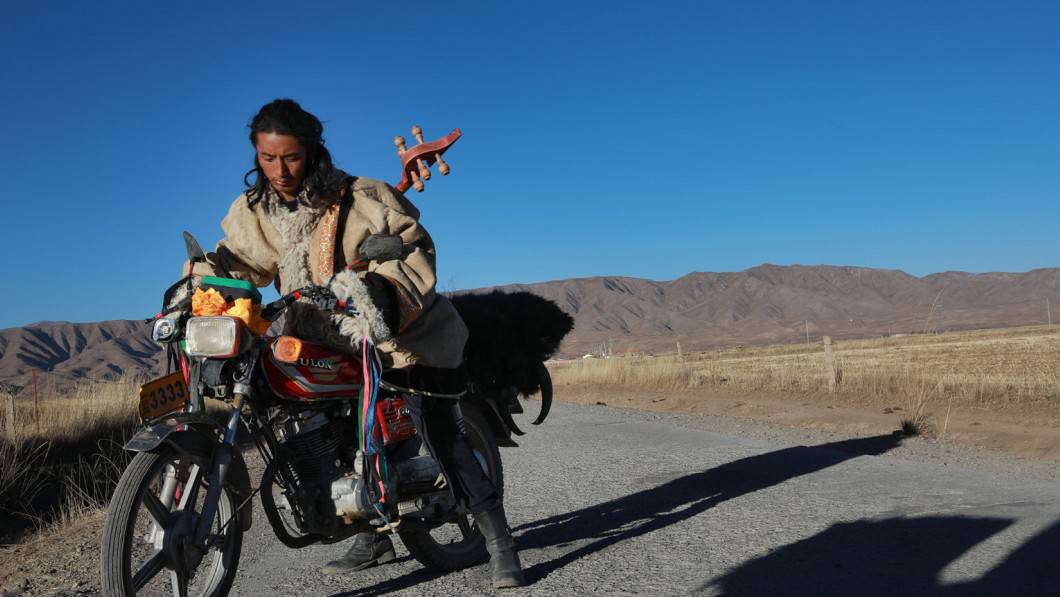After “,The Tale of Zatoichi”, the first story of the now-legendary blind masseuse swordsman, and “Fight, Zatoichi, Fight”, one of the best entries in the whole series, director Kenji Misumi returned for the third time in as many years with another interesting entry, “Zatoichi and the Chess Expert”.
Buy This Title
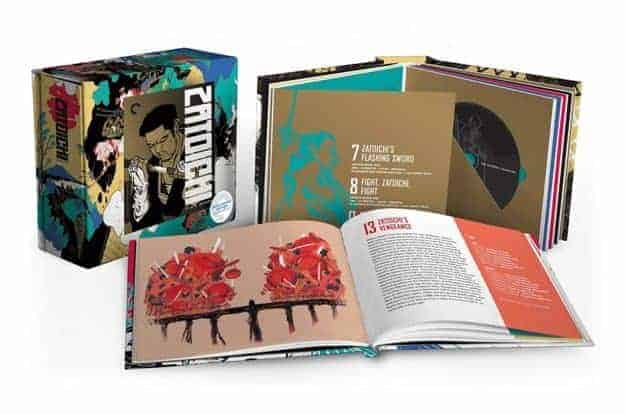
Zatoichi heads to Honshu Island by boat, on which he manages to win a lot of money gambling and also meets and befriends Tadasu Jumonji, an expert Shogi chess player and swordsman. Once he reaches Honshu Island though, a group of swordsmen, who Zatoichi won against in a game of dice on the boat journey, ambush him and a tussle ensues. Ichi ends up kicking a man who falls down a storey and lands near little Miki, severely injuring her foot. Feeling responsible for her pain, Ichi promises her aunt Otane to go to the nearby village and get Miki the medicine she needs, even if it means he'll be pursued by the ambushers. Tadasu Jumonji, who has come to enjoy Ichi's company and the mental chess games the two play, volunteers to help him in this quest.
Misumi introduced the character in his first adventure, showed Zatoichi's emotional side in “Fight, Zatoichi, Fight” and once again, he manages to show us hitherto unseen sides to the character's personality. Where he usually lays bare the dice-throwers' tricks, the otherwise straight-playing Ichi practically hustles his way into big winnings, even if his “racket” just borders the ethical/unethical ground. This is also the first time we see him legitimately losing a large sum at dice. We also get to see a rather clumsy Zatoichi, falling off the boat gangway, banging into pillars and walking around stumblingly on half-worn footwear. None of that affects his fighting skills though, which are still as katana-sharp as ever, but it's certainly refreshing to see a vulnerable side to our hero.
The story is sprawling, vastly populated, spread over various locations and takes its time to come together, holding its cards close to its chest and revealing them bit by bit. This allows for important characters to be introduced rather late into the film and keeps building on the suspense of existing characters' actions and motives. Of these, Jumonji is a great one-off character, among the best in the series so far. There's a distinctive mystery and swagger about him which Misumi keeps intact all the way to the climax. His interactions with Ichi, along with the mental Shogi chess games the two play are among the narrative's best moments. It is a joy to see Ichi matched with someone equally intellectual and competent mentally and physically.
Both the previous Misumi entries have given Shintaro Katsu some great material to work with and “Zatoichi and the Chess Expert” once again tests his acting skills well, keeping the character more involved emotionally, giving Katsu a chance to shine. The way he emotes the rush of feelings Ichi experiences when Miki thanks him for saving her life was surprising, coming not only from the character but also the actor. When he talks to Otane about the other Otane, who we saw Zatoichi lose in the first few stories, is another impressive moment for the actor. Mikio Narita, who many fans might remember from several Yakuza films of the 70s onwards including the “Battles Without Honour and Humanity” series, is up for the ride as Jumonji and a lot of the credit for the character's appeal goes to his performance. Kaneko Iwasaki, in playing Otane, joins the impressive roster of female supporting actors to join the franchise. The scene where she professes her feelings for Ichi and the revel of her motives near the finale stand out.
Since the story is dense, fighting is minimal, but the action scenes' staging still manages to impress. The sequence in which Zatoichi takes on his ambushers in the inn and the attack in the grasslands are particularly well done. Chikashi Makiura, who by now has been responsible for the photography of many Ichi adventures, is once again on top form. Special mention this time round must also go to the art direction, with the set designing of the boat and the Hakone hot springs, where the majority of the film's second half is set, coming across beautifully through Makiura's camera. Akira Ifukube also returns to provide the music and after experimenting with different sounds in few of the previous entries, remains content with a traditional Japanese sound that proves a welcome soothing presence.
With his third film, Kenji Misumi just goes to prove that he is a great fit for the saga of Zatoichi, which makes knowing the fact that he returned for three more of the masseuse's adventures a joy. As much as I look forward to seeing all the other films in the series, those three I particularly anticipate greatly.



